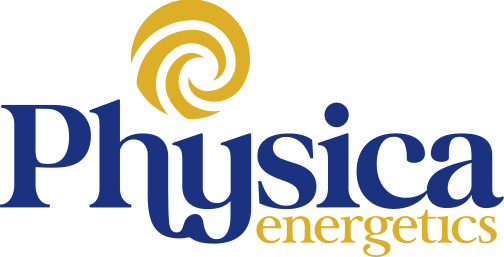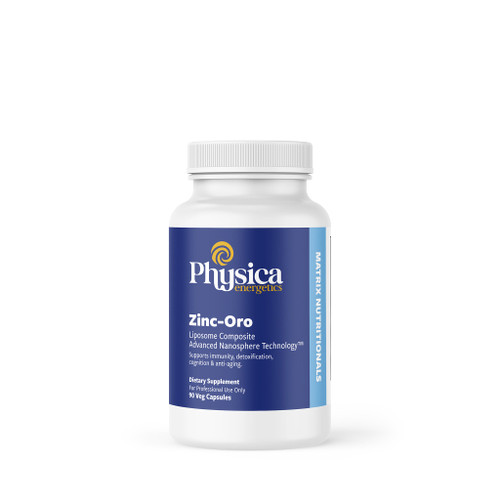Thymus LF
60 Veg Capsules
Supports thymus & immune function.*
Gluten Free
BPA-Free
- SKU:
- 131860
- Serving Size: 2 Capsules
- Servings Per Container 30
Active Ingredients
- Zinc (as zinc citrate), 50 mg
- Thymus tissue lyophilized (bovine) 500 mg
- Astragalus root extract 5:1 (Astragalus membranaceus), 200 mg
- Dried coconut oil, 200 mg
- Andrographis extract 10:1 (aerial parts) (Andrographis paniculata), 200 mg
- Rice bran hull, 50 mg
- Spleen tissue lyophilized (bovine), 50 mg
- Lymph tissue lyophilized (bovine), 50 mg
- Maitake mushroom (fruiting body) (from 3.125 mg of 16:1 extract), 50 mg
- Shiitake mushroom extract (fruiting body), 50 mg
- Reishi mushroom (fruiting body), 50 mg
- *Daily Value not established
Other Ingredients
Hypromellose, silica and vegetable stearic acid
Usage Direction
2 capsules daily or as directed by a health care practitioner.
*These statements have not been evaluated by the Food and Drug Administration. This product is not intended to diagnose, treat, cure, or prevent any disease.
Aperture Energetics and Physica Energetics are not medical facilities, nor do we provide any medical advice on any of the products. Our supplements are intended to be used under the close supervision and direct care of a licensed or certified healing arts professional. Products are only sold through licensed or certified healing arts practitioners. Aperture Energetics and Physica Energetics offer this information with the expectation that practitioners shall use their own discretion, perform their own research, and rely on their own clinical experience and practice according to their scope of practice and the limits of their license or certification.

Thymus LF
This product has been added successfully









